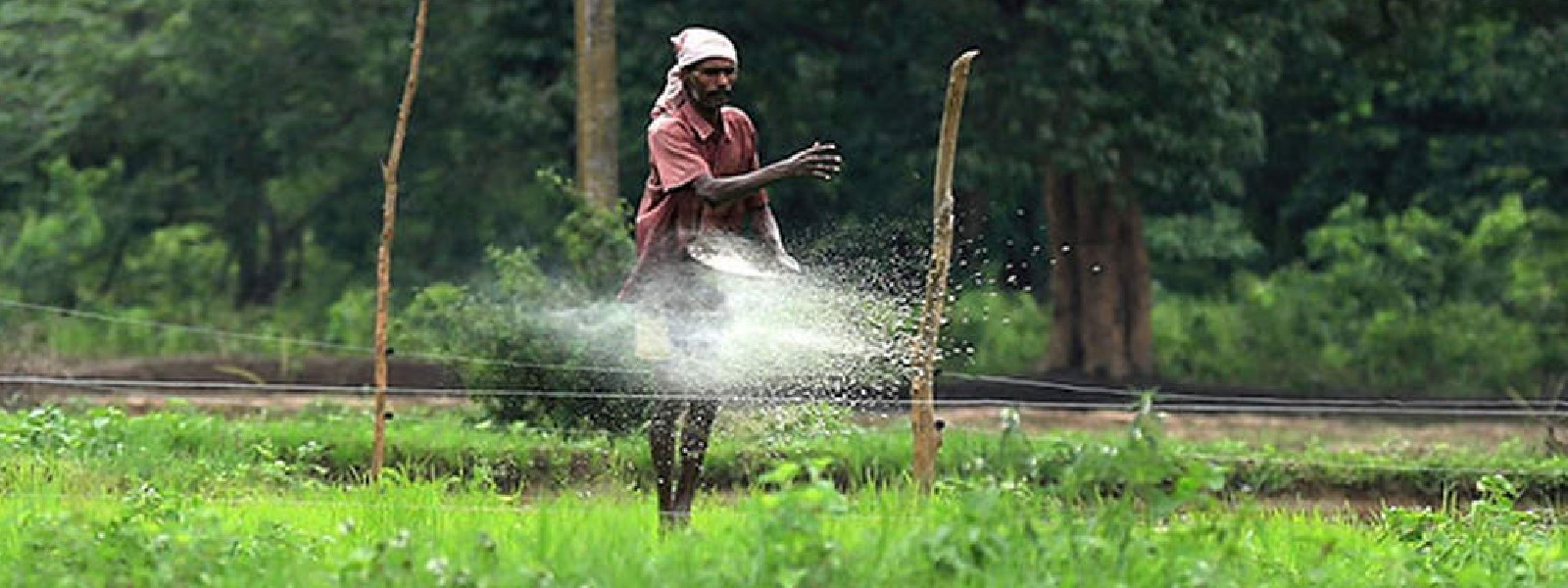.webp)

Farmers grappling with low harvest in Maha season, while Yala failure looms
COLOMBO (News 1st); The fertilizer crisis is continuing to aggravate in the public, leaving farmers helpless, and potentially affecting the country's food supply.
Although the Government continues to maintain its organic fertilizer policy, permission has been granted to import chemical fertilizer.
However, the rising cost of imports has caused fertilizer prices to rise significantly, leaving them with no fertilizer.
Farmers say they are grappling with two issues at present; they lament that they are unable to begin farming for the upcoming Yala cultivation, and that their harvests have declined this season.
Previously, a stock of organic fertilizer imported from China's Qingdao Seawin Biotech company was rejected over issues relating to its standards.
The Government has paid 6.9 million US dollars to the Chinese company.
Subsequently, a controversy arose over nano nitrogen liquid fertilizer imported from India, after revelations were made in Parliament on a fraudulent deal.
Farmers have been at the receiving end of these problems as they continue to face multiple issues.
Farmers in Medamulana and Kinchigune in Hambantota say that despite using much compost, it has not resulted in any benefit to the farmers, while the crop growth has been decidedly low.
Another farmer stated that he used to reap about 60,000 or 70,000 bundles of paddy from his field, which he inherited. However, today, he has given up as there is no fertilizer.
About 500 families earn a livelihood through farming in Medamulana.
Another farmer recalled that the current President's father was nominated for the election while he used to work in the very same paddy fields. However, his successors have not paid back for the services he rendered.
Farmers in Uhana in Ampara have also been affected by the fertilizer crisis, as they stated that their crops have not recorded a proper growth despite the cultivation commencing about 65 days ago.
"We began cultivating about 60 - 70 days ago. Farmers wouldn't be facing the current situation if they were simply given urea. They obtained our money, paid it to other countries and imported waste. If they had not used that money to pay it to ships carrying waste, then the people will be able to eat today," a farmer added.
Other Articles
Featured News





.png )
-789167_550x300.jpg)
-789161_550x300.jpg)
-789155_550x300.jpg)
-789146_550x300.jpg)



-788581_550x300.jpg)



-785316_550x300.jpg)
















.gif)